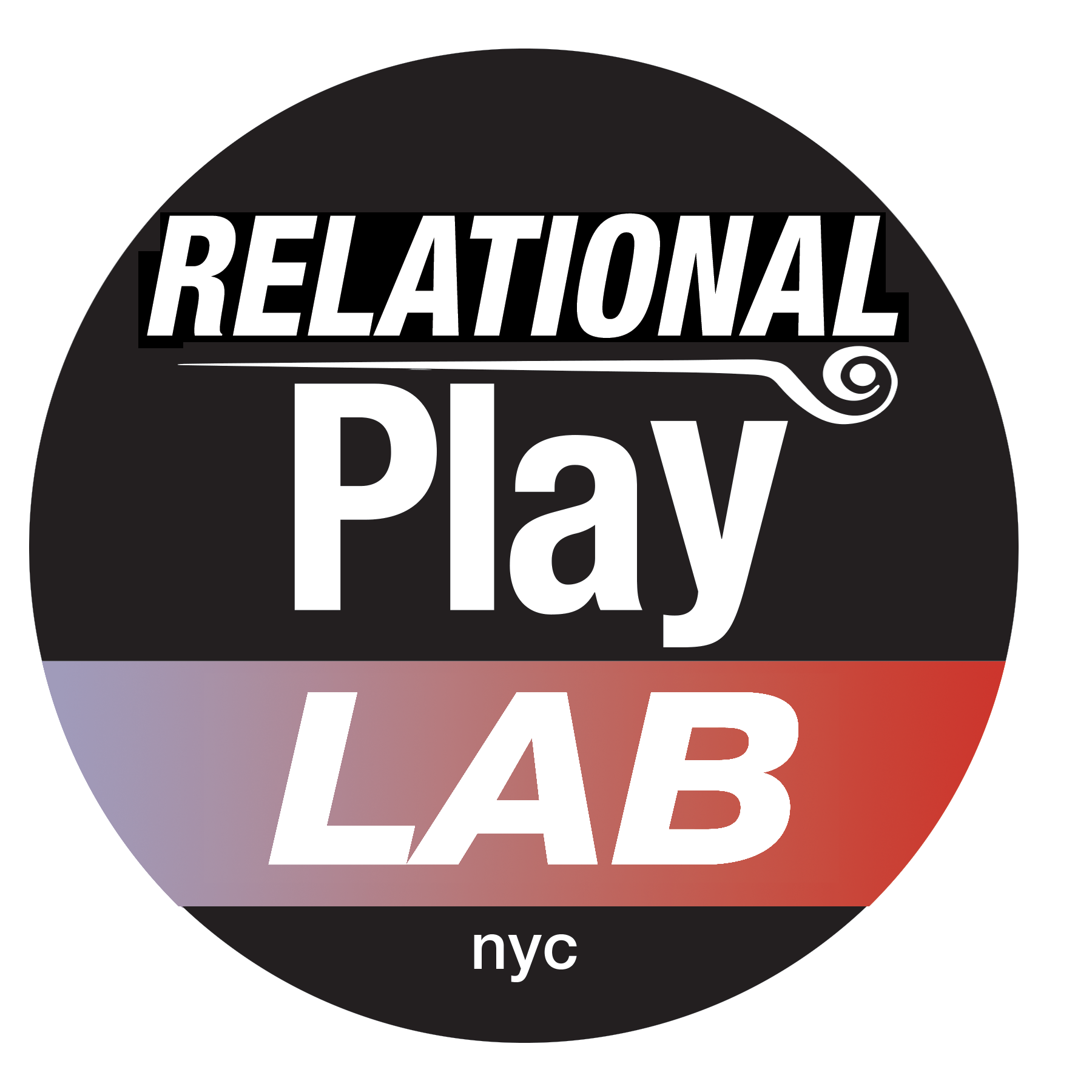Plato had a more encompassing view of play, while Aristotle gave the Western world one of the most prevailing dichotomies: work and play as separate entities. One either plays or works. Or the popular idea that “we work hard and play hard”. Aristotle further dichotomized leisure and play as D’Angour, (2013 ) highlights,
Aristotle thought of education as completely separate from play, arguing that education is a way to spend leisure-time edifyingly, whereas play is nothing more than a break from work: “We should ask what activity real leisure (schole) consists of. It’s certainly not playing. That would mean play was the be-all and end-all of life, which is out of the question. The fact is that play relates to work more than to leisure: the worker needs a break, and play is about taking a break from work, while leisure is the antithesis of work and exertion.”
Aristotle’s statement “That would mean play was the be-all and end-all of life, which is out of the question” squarely marginalizes play and positions it in contrast to work. Play becomes a break from work for Aristotle. A popular notion to date. Yet it is that very notion that we seek to challenge. We would rather state it as, that play is to living as air is to breathing.


